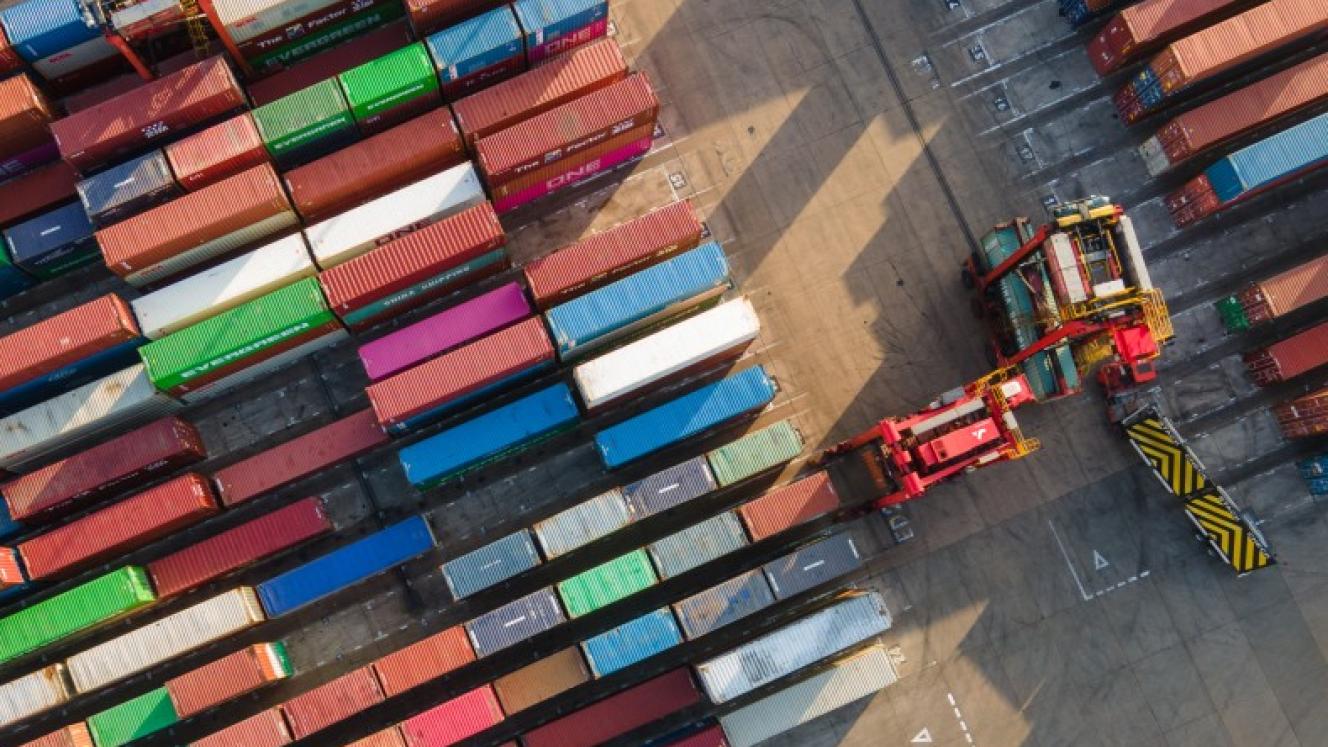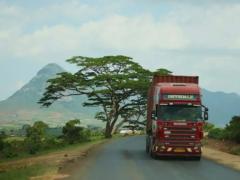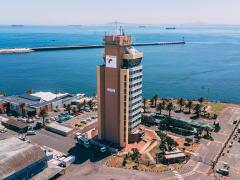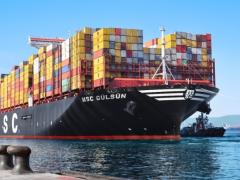The KwaZulu-Natal provincial government has set aside R48 million to fight cross-border crime.
KZN premier Willies Mchunu made the announcement following a visit by President Jacob Zuma in northern KwaZulu-Natal earlier this week.
The president visited the local police station at the Mhlabuyalingana Local Municipality – a rural poice station located close to the Mozambican border – which was “severely under-resourced” and also inspected the border line between South Africa and Mozambique.
Spokesperson in the Presidency, Dr Bongani Ngqulunga, confirmed that there was suspicion that some members of the South African Police Serve (SAPS) were colluding with cross-border crime syndicates and said that Zuma had undertaken to look into it.
“National departments – particularly of the Police, Defence, State Security, Home Affairs and Social Development – will make a strong intervention after president Zuma’s visit and are committed to working with the provincial government and municipalities in KZN,” he said.
Mchunu pointed out that the problem had heightened tension between South Africa and Mozambique, pointing out that while the role of the police remained critical in fighting cross-border crime, it would be enhanced by the cooperation between many other departments across all spheres of government.
“The president’s intervention will strengthen co-operation with different government departments who look set to play their role in creating an environment that will result in the eradication of cross-border crime,” Mchunu said.
He added that while government pushed for economic integration through free trade, it was “unfortunate” that international criminal networks had access to “this lucrative trade market”.
“Reports suggest that the criminal groups have gained unlimited access to various trans-national networks using sophisticated technology - and in most cases they are assisted by corrupt officials working for government departments and law enforcement agencies,” commented Mchunu.
According to him, there are criminal enterprises operating in Africa, Europe and Asia who have been trading in rhino horn, ivory, abalone, copper, precious wood, precious stones and precious metals.
“High-level support will ensure that there is cooperation between law enforcement agencies of neighbouring countries,” Mchunu said.













